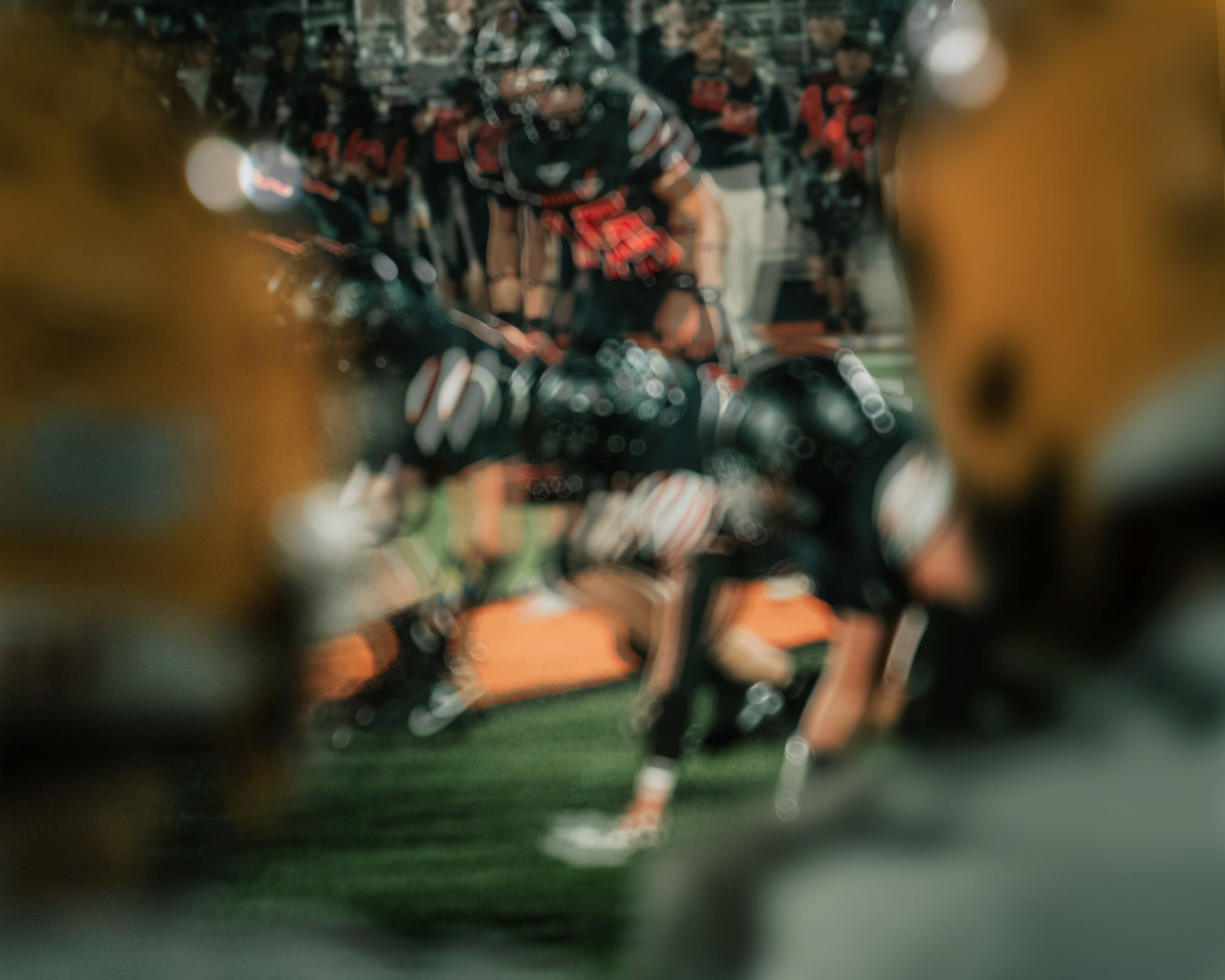A MCHS student is walking down to the dean’s office. They were caught with alcohol at last Friday’s football game, their heart is beating rapidly as their dean explains the major consequences this incident has. They are disappointed in themselves that they even drank in the first place, but everyone else was drinking, so doesn’t that make it okay?
Many spectators bring alcohol into MCHS football games. Adults who are over 21 may be allowed to purchase and consume alcohol, but are still not allowed to do so during school events, including football games. For students, drinking alcohol is illegal under all circumstances, however the culture at football games has normalized all kinds of drinking, including underage student drinking.
Being under the influence of, participating in illegal use of, possession of or distribution of illegal drugs and alcohol, is not permitted on school buses, in school buildings, or on District 156-owned or used property at any time. This policy extends to all school-sponsored and related activities, including but not limited to co-op workstations, field trips, dances, athletic and music events whether held before or after school, during evenings or on weekends.
Some students think it’s okay to drink at football games because everyone else around them is doing it. Their mentality is, “If I don’t get caught and I’m not driving, who cares?”
According to National Institute on Alcohol Abuse and Alcoholism, “Alcohol is a significant factor in the deaths of people younger than age 21 in the United States each year. This includes deaths from motor vehicle crashes, homicides, alcohol overdoses, falls, burns, drowning, and suicides.”
Drinking is dangerous for teenagers because they could not only harm themselves, they could potentially harm the others around them. Especially if teens are driving, the risk of injury or death heavily increases.
Many students bring these substances into the football games because they are often influenced by peer pressure and social media. Students also think it’s fun to be drunk at football games, but the consequences of drinking are no laughing matter.
Students caught with alcohol at McCracken Field receive both in and out of school suspension, loss of Distinguished Warrior, social probation and possible citation of Code of Conduct violation that can limit students extracurricular involvement, including 20% of a season lost for athletes. These consequences get more severe as students continue to get caught, the third time caught would result in an expulsion from MCHS.
While students may perceive this punishment as rough, MCHS works to help students that are caught. MCHS believes in helping students who are suffering from addiction, and preventing students from becoming addicted.
“If you feel like you need substance to enjoy something,” says sophomore Dean Jordan Deener, “you have an underlying issue that you probably need to address. That’s not to attack students, but if you’re using substances at that time in those places I think there’s a deeper dive that needs to be done.”
Students caught drinking at games are connected to MCHS’s prevention and wellness coordinator. They also attend a re-entry meeting with the school inorder to prevent this issue from happening again, and for the student to feel supported.
While some students think it’s fun to drink and that it’s a normalized part of MCHS culture, others do not. Several MCHS students believe it is not worth the risk to drink at games and those who do are immature and irresponsible.
“There’s a time and a place for it and football games at school aren’t the time nor the place,” says one MCHS student, who requested to remain anonymous due to the sensitivity of this subject.
Teachers also don’t agree with students drinking at the games.
“I’m disappointed when I hear that’s happening,” says Upper Campus Social Studies teacher Kathryn Frey, “because it’s such a silly risk to take for no gain but I also know that students make stupid mistakes and it’s not going to make me no longer care about them.”
Even though substance abuse at football games is an issue for MCHS, it is not limited to just our community. Several other schools in the Fox Valley Conference deal with the same issues McHenry does.
“My school has had issues with students bringing substances into football games before,” says Cary Grove Dean Ryan Slattery. “In order to prevent this from happening, we no longer allow anyone to bring any bags, food, or drinks into the stadium.”
Cary-Grove students receive a similar punishment to the students of MCHS.
MCHS also takes precautions at their football games. Students are not allowed to bring backpacks or any outside food. But certain smaller bags like tote bags and cross-body bags are allowed. MCHS has discussed searching bags of students who attend games.
“We can not prevent everything but certainly take steps to do our best to help eliminate it,” says Rick Rewiako, the Upper Campus’s school reseource officer. “One way is to check all bags when entering the football stadium for adults and students. We will also start banning students who get in trouble from attending these events.”
Crystal Lake South Dean Hilary Agnello, who also served as an administrator at MCHS, says that they have also dealt with these issues and she feels that the increase in police and security presence has helped.
MCHS is aware of the issue plaguing our conference and is working to fix it to ensure everyone’s safety and well-being.
“The kids are the ones that suffer,” Deener said, “and the reasons they’re doing it and why they think substance is appropriate at their age is a really interesting phenomenon in the culture problem we have in our area.”



